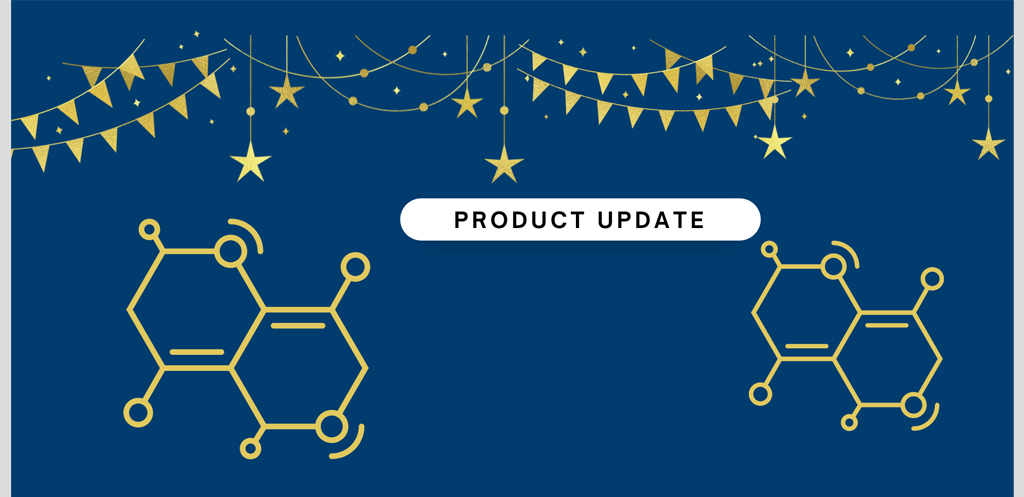B.Sc Biochemistry
B.Sc Biochemistry

A Bachelor of Science (B.Sc) in Biochemistry is an undergraduate degree that combines principles of biology and chemistry to understand living organisms and the chemical processes within them. This interdisciplinary field explores how biochemical processes affect health, disease, and the environment. Here’s a detailed overview of the course and career opportunities:
Course Details
Core Subjects
- General Biochemistry: Introduction to the chemical processes and substances that occur within living organisms.
- Molecular Biology: Study of molecular mechanisms and their role in the functioning of living cells.
- Genetics: Principles of heredity, gene function, and genetic variation.
- Cell Biology: Examination of cell structure, function, and processes.
- Organic Chemistry: Study of carbon-containing compounds and their reactions.
- Physical Chemistry: Understanding the physical principles governing chemical interactions.
- Analytical Chemistry: Techniques and tools for analyzing chemical substances.
- Enzyme Chemistry: The role of enzymes in biochemical reactions.
- Metabolism: The biochemical processes involved in energy production and utilization.
- Biochemical Techniques: Laboratory methods such as spectroscopy, chromatography, and electrophoresis.
Elective Courses
- Bioinformatics
- Biotechnology
- Immunology
- Pharmacology
- Environmental Biochemistry
Projects and Internships
- Research projects.
- Industrial or academic internships to gain practical experience.
Laboratory Work
- Hands-on experience in biochemical experiments.
- Techniques for analyzing biochemical substances and processes.
Career Opportunities
Healthcare and Medicine
- Clinical Biochemist: Analyzing biological samples to assist in diagnosis and treatment.
- Medical Researcher: Investigating diseases and developing new treatments.
Biotechnology and Pharmaceuticals
- Biotechnologist: Applying biological systems and organisms to develop products or technologies.
- Pharmaceutical Scientist: Developing and testing new drugs and therapies.
Academic and Research Institutions
- Research Scientist: Conducting research in universities, research institutions, or laboratories.
- Academic Lecturer/Professor: Teaching and researching at educational institutions.
Environmental Science
- Environmental Consultant: Assessing and mitigating the impact of human activity on the environment.
- Ecologist: Studying the relationships between organisms and their environments.
Food and Agriculture
- Food Scientist: Ensuring the safety and quality of food products.
- Agricultural Biochemist: Improving crop yield and resistance through biochemical methods.
Forensic Science
- Forensic Biochemist: Analyzing biological samples in criminal investigations.
Industry and Manufacturing
Quality Control Analyst: Ensuring the quality and consistency of products in various industries.
Further Studies
- Master’s Degree: Specialization in areas such as molecular biology, biotechnology, or clinical biochemistry.
- Ph.D: Advanced research and academic positions.
Skills Developed
- Analytical and critical thinking.
- Laboratory techniques and data analysis.
- Problem-solving and research skills.
- Communication and teamwork.
A B.Sc in Biochemistry opens diverse pathways, combining scientific knowledge with practical skills to address various challenges in health, industry, and the environment.
